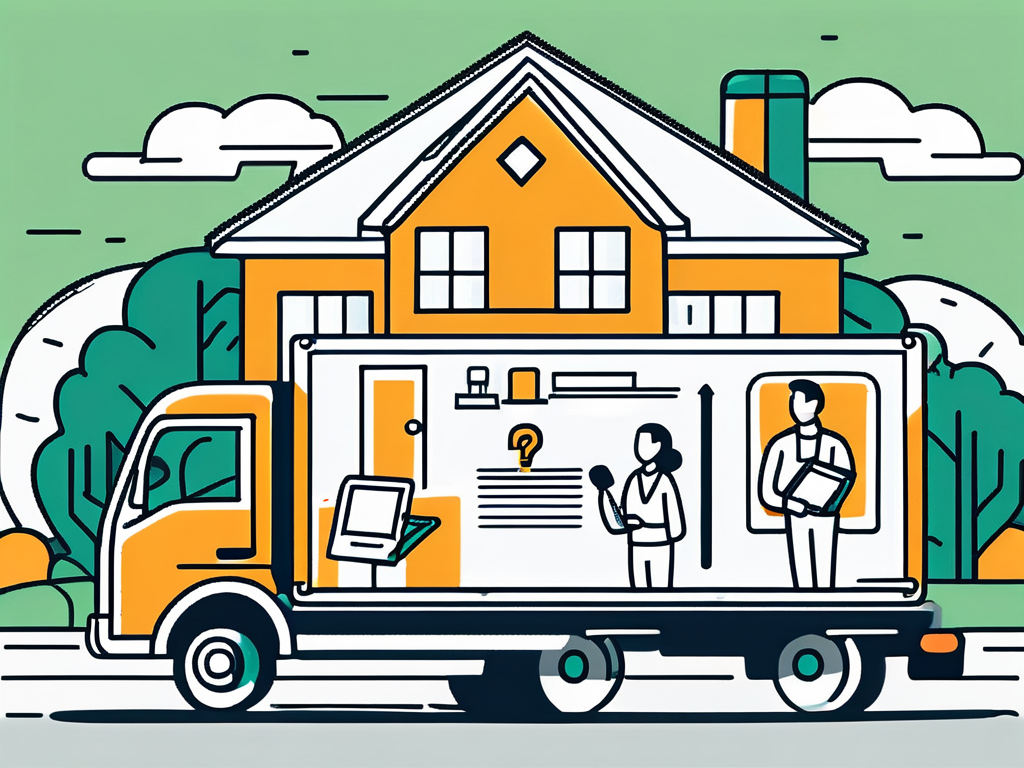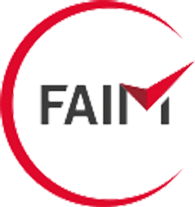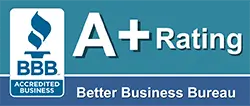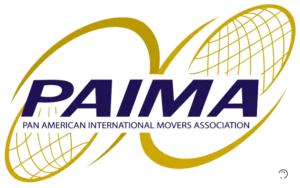Choosing the right moving company can significantly impact the moving experience. Licensed and insured movers not only protect your belongings but also offer peace of mind throughout the entire process. In this article, we will explore the importance of selecting movers that are both licensed and insured, ensuring that your transition is smooth and secure.
Understanding the Basics of Moving Services
When it comes to moving, the various services provided can often be overwhelming and confusing. It’s crucial to understand what different types of moving companies offer and how those services might affect your move.
Typically, moving services encompass everything from packing and loading to transporting and unloading your belongings. However, some companies may specialize in certain areas, such as local moves, long-distance moves, or even specific types of items like pianos or fine art. Additionally, many movers offer packing supplies and services, which can save you time and ensure that your items are securely packed to withstand the rigors of transport. Understanding the full range of services available can help you tailor your moving experience to meet your specific needs and budget.
What Does Licensing Mean for Movers?
Licensing signifies that a moving company has met specific legal requirements set by state and federal authorities. This usually involves adhering to regulations regarding safety, service quality, and operational standards.
Licensed movers have undergone a vetting process, which can include background checks and equipment inspections. Such compliance not only confirms their legitimacy but also indicates a level of professionalism and accountability to their clients. Moreover, choosing a licensed mover can provide peace of mind, as these companies are often required to carry liability insurance and adhere to strict operational guidelines. This ensures that if something goes wrong during the move, there are established procedures in place to address any issues that may arise.
The Role of Insurance in Moving Services
Insurance in the moving industry serves as a protection plan for your belongings during transit. It provides financial aid in case of damage or loss, offering clients a safety net that can mitigate potential losses significantly.
There are generally two types of coverage offered by moving companies: released value protection and full value protection. Released value protection is usually included at no additional cost but offers minimal coverage. In contrast, full value protection provides a more comprehensive guarantee, typically for an added fee. It’s essential to carefully evaluate your options and consider the value of your belongings when selecting insurance. Some movers may also offer additional coverage options, such as third-party insurance, which can provide even greater protection for high-value items. Understanding these insurance options can help you make informed decisions and ensure that your possessions are adequately protected throughout the moving process.
The Risks of Hiring Unlicensed and Uninsured Movers
While it may be tempting to save money by hiring unlicensed and uninsured movers, the risks associated with such a decision outweigh the potential savings.
Unlicensed movers often lack the proper training and expertise, exposing you to various risks during your move. Without insurance, you run the risk of losing or damaging your possessions without any recourse.
Potential Financial Implications
Hiring an unlicensed mover can lead to unexpected financial burdens. In the event of damage or loss, you may find yourself responsible for replacing items without any assistance or compensation from the moving company.
Additionally, unlicensed movers may impose hidden fees or charges at the last minute, which could inflate the cost of your move. This lack of transparency can create a financial strain that complicates your moving plans even further. Furthermore, if you need to hire a licensed mover to rectify the mistakes made by an unlicensed one, you could end up paying twice for the same service, significantly increasing your overall moving expenses.
Safety Concerns and Liability Issues
Safety is another significant concern when dealing with unlicensed and uninsured movers. Without proper training and regulatory oversight, inexperienced movers might handle your belongings carelessly, leading to accidents or injuries.
If an unlicensed mover causes damage to your property or injures someone during the move, you may have no legal recourse. This lack of liability can leave you at a disadvantage, exposing you to potential lawsuits or penalties. Moreover, if the movers are not properly vetted, you may also be putting your personal safety at risk, as unlicensed movers may not adhere to safety protocols, increasing the chances of accidents during the moving process. The risk of theft or damage to your property also escalates, as there are no guarantees that the movers will treat your belongings with the care and respect they deserve.
Benefits of Choosing Licensed and Insured Movers
Opting for licensed and insured movers can greatly enhance your moving experience. With their expertise and professional standards, you are more likely to have a successful transition to your new home.
Investing in qualified movers ensures that you benefit from not just peace of mind but also a more efficient and organized process. You can rest assured that your belongings will receive the care and attention they deserve.
Protection of Your Belongings
One of the primary benefits of choosing licensed and insured movers is the protection of your belongings. In the unfortunate event of damage, insurance will help cover the repair or replacement costs.
This protection greatly reduces the stress and anxiety often associated with moving. Knowing that you are working with professionals who have a vested interest in safeguarding your items allows you to focus on other aspects of your move.
Assurance of Professional Standards
Licensed and insured movers are typically held to higher professional standards than their unlicensed counterparts. They are more likely to follow best practices in packing, loading, and transportation, significantly reducing the risk of damage.
Moreover, many licensed movers will have trained staff who understand the nuances of moving heavy or delicate furniture, ensuring that your items are handled with care.
How to Verify a Moving Company’s Credentials
To ensure you are hiring the right movers for your needs, it’s essential to verify their credentials. Here are some steps to follow:
Checking for Licensing Information
Start by checking with your state’s transportation department or the Federal Motor Carrier Safety Administration. These agencies typically provide databases where you can verify a moving company’s licensing status.
Additionally, look for moving companies that have earned certifications from recognized industry organizations, as these credentials can further demonstrate their commitment to professionalism and quality service.
Confirming Insurance Coverage
Once you’ve verified a moving company’s license, inquire about their insurance coverage. Ensure they have adequate coverage for your specific needs, including any additional options for full value protection.
Request a copy of their insurance policy and confirm that it is valid and up to date. Understanding their coverage limits can help you make an informed decision about which mover to hire.
Questions to Ask Potential Movers
To ensure you select the right moving company, asking the right questions can make all the difference. Here are some key inquiries to consider:

Inquiring About Licensing and Insurance
Don’t hesitate to ask your potential movers about their licensing and insurance. Request documentation that verifies their credentials and check for any complaints or violations associated with the moving company.
Establishing this information will help you gauge their reliability and professionalism and can save you from potential headaches during your move.
Other Essential Questions to Consider
- What services do you offer, and do you have any specialty areas?
- Can you provide references or customer testimonials?
- How do you estimate costs, and what factors may affect the final bill?
- What is your policy regarding delays or cancellations?
Asking these questions can ensure that you choose licensed and insured movers who meet your needs and standards while providing a seamless moving experience.
















